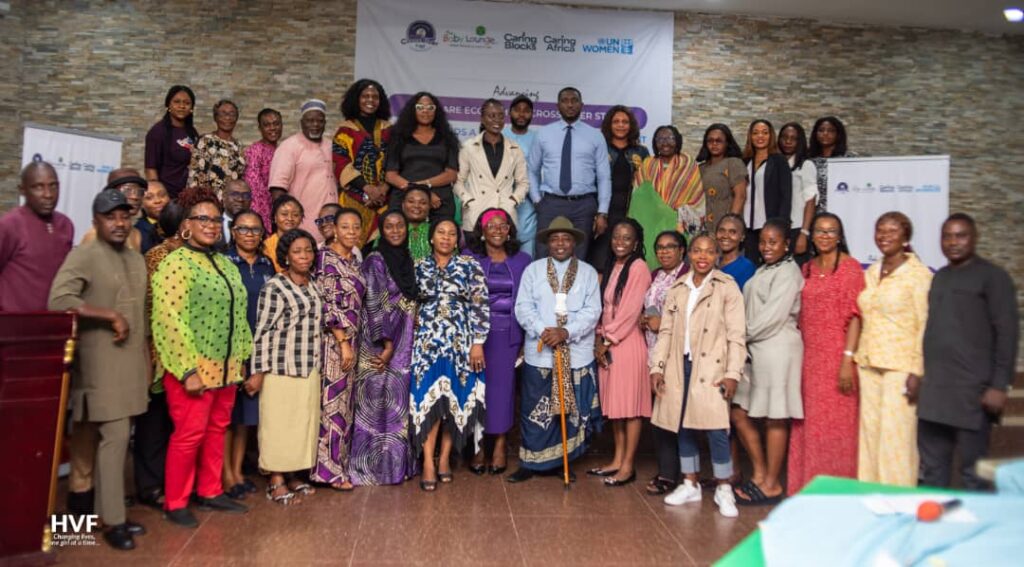The United Nations Entity for Gender Equality and the Empowerment of Women (UN Women) has emphasised the urgent need for policies that support women’s economic empowerment by addressing the unequal distribution of unpaid care responsibilities, which limit women’s participation in the workforce.
The UN Women underscored that while women’s contributions within households are invaluable, the lack of supportive policies and infrastructure often results in “time poverty,” restricting their ability to engage fully in income-generating and leadership opportunities.
Speaking on the sidelines of a training workshop for stakeholders, including Journalists, on Wednesday, Ms. Aisha Bello Alkali and Ms. Temitope Wealth-Ekanem, who led the training sessions, highlighted the economic value of care work and its direct linkages to national development.
They called for a stronger policy environment that recognises the care economy as an essential driver of inclusive growth.
UN Women stressed that investing in childcare services, workplace policies that enable work–life balance, and community-based care systems would allow women to participate more actively in the labour market, thereby contributing significantly to Nigeria’s Gross Domestic Product (GDP).
Participants at the workshop recommended that both government institutions and private sector actors consider establishing quality childcare facilities in workplaces and communities. Such initiatives, they noted, would provide women with greater flexibility, create decent jobs in the care sector, and help build a stronger, more inclusive economy.















